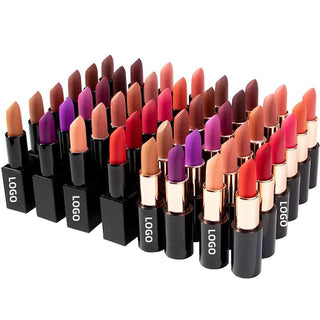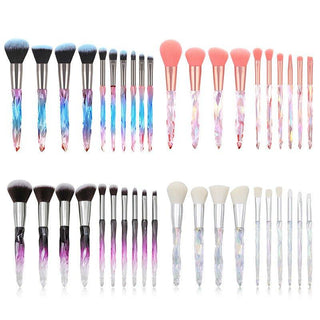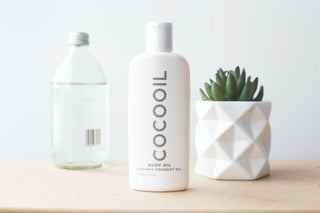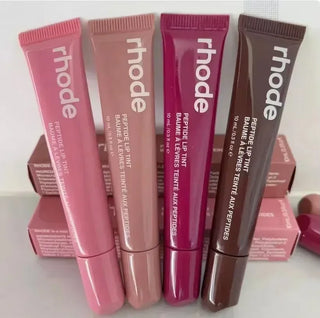An Introduction to Organic Skincare
The rising interest in organic skincare has been driven by the desire for natural ingredients that nourish the skin. This increasing popularity, circumscribed by the need to avoid harmful chemicals, indicates a shift in consumer behavior towards holistic beauty solutions. Organic skincare not only promises gentle care but aligns with values of sustainability and environmental consideration. Whether you are a novice or a seasoned enthusiast, the journey into natural skincare can be both rewarding and beneficial.
Benefits of Choosing Organic Skincare
Opting for organic skincare involves selecting products devoid of synthetic additives. These natural skin care remedies offer several advantages. First, they typically feature biodegradable ingredients, significantly reducing the ecological footprint. Moreover, organic skincare products prioritize cruelty-free testing practices, solidifying their ethical appeal.
Additionally, individuals with sensitive skin often find solace in these products. The best organic skincare products for sensitive skin are frequently crafted with milder, soothing ingredients that mitigate allergic reactions and irritations. By focusing on natural ingredients, they assure users of a safer interaction with their skin.
Why Eco-friendly Skincare Matters
Eco-friendly skincare is not simply a trend but a movement towards sustainability in the beauty industry. Embracing eco-friendly skincare enhances overall well-being, ensuring that the production and disposal of beauty products contribute minimally to environmental degradation.
Choosing brands that advocate for sustainable packaging and ethical sourcing of ingredients emphasizes the importance of ecological responsibility. These practices resonate well with today's informed consumers, who are increasingly aware of the interconnectedness between beauty routines and their impact on the planet.
How to Start an Organic Skincare Routine
Initiating an organic skincare routine can be simple and effective. Begin by evaluating your current regimen and identifying which products use synthetic chemicals. Gradually replace them with organic alternatives. Consider starting with essentials such as an organic cleanser, toner, and moisturizer.
When selecting products, ensure they are certified organic, as this guarantees adherence to standards of purity. Organic beauty products, such as those from reputable brands, promise transparency of ingredients and production processes.
Understanding Organic Skincare Labels
It's vital to discern what organic labels on skincare products signify. Certified organic products are regulated and must comply with strict standards verifying the authenticity of their claims. Reading and understanding labels aids consumers in making informed choices. Key ingredients to look for include plant-based oils, natural extracts, and organic farmed additives.
Are Organic Skincare Products Really Better for Your Skin?
A growing body of anecdotal evidence suggests that organic skincare products can be better suited for individual needs. The absence of harsh chemicals in these products reduces the risks of skin irritations, offering a gentler alternative. Moreover, the nutrient-rich components prevalent in organic products can nourish and rejuvenate skin more effectively. However, consultation with a skincare professional ensures an approach tailored to individual skin types and concerns.
Adopting an Eco-friendly Skincare Lifestyle
An eco-friendly skincare lifestyle extends beyond product choice. It encompasses habits and practices that promote sustainability. Reducing water use, like employing water-saving kitchen faucets, and prioritizing reusable materials are steps towards greater ecological mindfulness.
Additionally, investing in durable products such as reusable silicone food storage bags and sustainable applicators like vegan makeup brushes reflects the commitment to eco-friendly values and supports responsible consumption.
What Brands Offer the Best Organic Skincare Products?
Several brands stand out in the field of organic skincare, renowned for their dedication to quality and sustainability. When selecting a brand, consider those with a reputation for transparency and ethical sourcing. These companies often highlight their commitment to environmental stewardship and ensure comprehensive product information is available for consumers.
Brands that offer eco-friendly skincare lines include those that participate in initiatives to reduce carbon footprint and support ethical labor practices. It is prudent to research and compare brands that align with personal values and offer transparency about their manufacturing processes.
Continual Benefits of Organic Skincare
The continual use of organic skincare supports long-term skin health, facilitating a youthful and vibrant appearance. Products such as natural anti-aging face creams and deep cleansing face masks are formulated to enhance skin vitality without compromising on safety or sustainability. Consistent use of these organic alternatives maintains skin's resilience to environmental stresses.
Moreover, embracing organic skincare is a contribution to the preservation of biodiversity and ecosystem balance, a choice that benefits both personal health and global sustainability.
Conclusion
Organic skincare represents a confluence of health-conscious living and environmental stewardship. By integrating organic and eco-friendly products, individuals can enhance their beauty routine while supporting sustainability. Careful selection of quality organic skin care remedies ensures that both skin and planet benefit from these choices.
Explore the transformative power of nature-based products and embark on a journey that aligns with the values of a conscientious consumer.




















